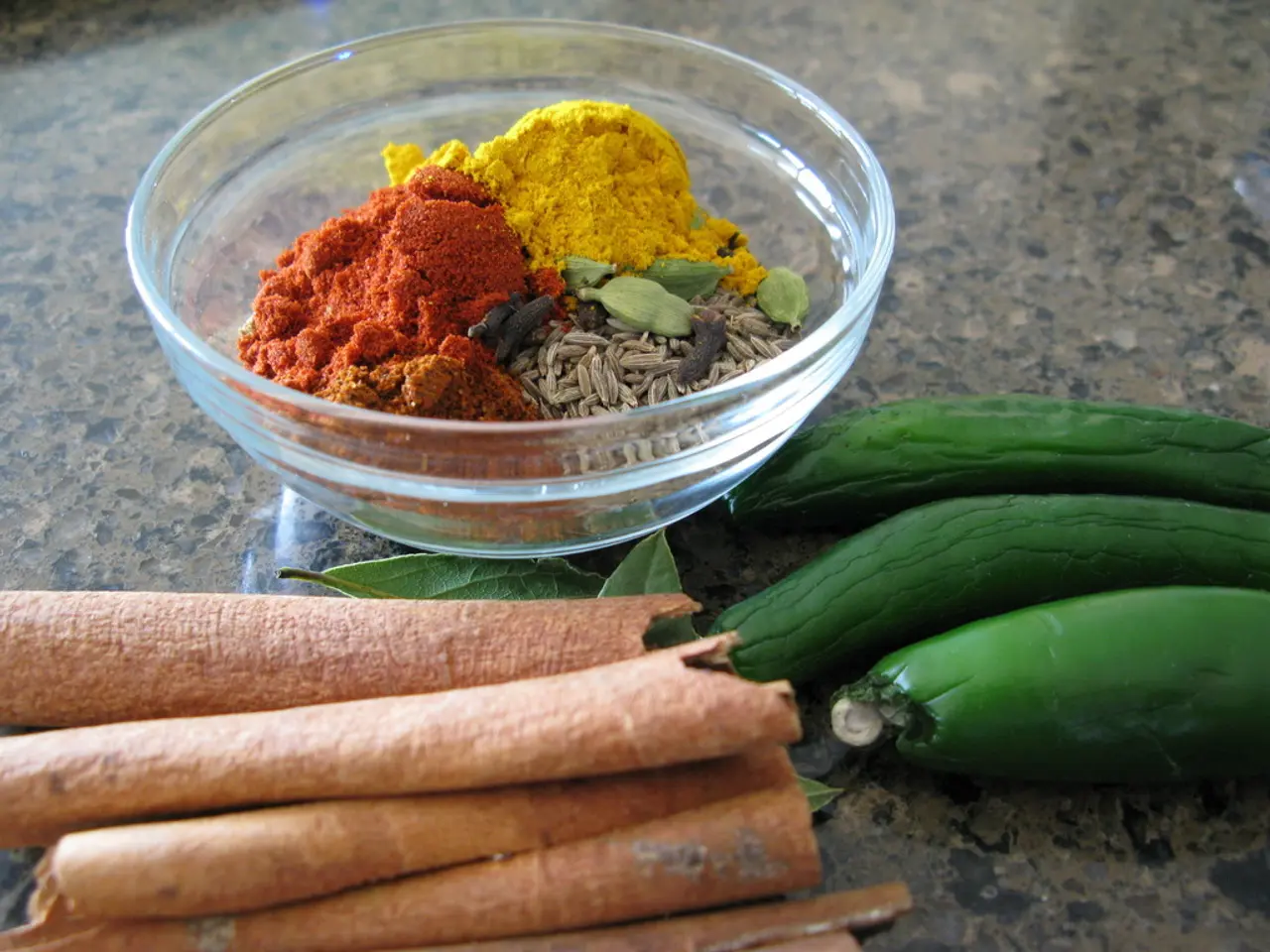Herbal Remedy Exploration: Discovering Advantages, Applications, Risks, and Efficiency of Echinacea
Echinacea, a group of flowering plants native to North America commonly known as coneflowers, has been used in traditional medicine for a variety of illnesses. From coughs and colds to more serious conditions like HIV and AIDS, Echinacea has been touted as a potential remedy. However, the current scientific evidence supporting its use in treating common colds and other illnesses is mixed, with generally weak and inconsistent results.
While Echinacea, particularly varieties like E. pallida, E. angustifolia, and E. purpurea, may possess antiviral effects in laboratory settings, these findings have yet to be consistently replicated in human trials. Much of the positive evidence comes from in vitro (test tube) or animal studies using concentrated extracts, but the translation of these effects to human health via typical doses remains unclear.
Scientific reviews caution that clinical trial results on Echinacea for preventing or treating colds have been inconsistent and weak overall, lacking conclusive proof of benefit. Despite this, the use of Echinacea in treatment is often based on anecdotal evidence rather than scientific findings.
One study from 2020 indicated that a commercial product containing Echinacea extract could help prevent severe respiratory diseases caused by coronaviruses. However, this has not been tested on people with COVID-19. It's important to note that the Food and Drug Administration (FDA) does not regulate herbal remedies, and people cannot be certain about the contents of herbal remedies.
Echinacea is available over the counter at pharmacies, health shops, and online - dried, in teas, as liquid extracts, or in capsules. Despite the mixed evidence, some people swear by its effectiveness, particularly in reducing the duration of a cold. However, other studies have found that Echinacea has no significant impact on the common cold and only reduces the duration of symptoms by half a day, at most.
The short-term use of Echinacea is probably safe, but the effects of long-term use are unclear. Some people may develop a rash after using Echinacea as a result of an allergic reaction, particularly those with a history of allergies. It's recommended to consult a doctor before taking Echinacea or any other herbal supplement, as they can interact with ongoing treatments.
In conclusion, while Echinacea may have promising biochemical properties and some antiviral activity experimentally, current clinical evidence does not conclusively support its use as an effective treatment or prevention for the common cold or other illnesses. Anyone considering Echinacea supplements should consult healthcare professionals to ensure safe and informed use. More research is needed to confirm whether Echinacea can boost the immune system and whether it can reduce the impact of a cold or help with other viral infections.
- The side effects of long-term Echinacea use are not clearly identified in science.
- Aromatherapy, as a predictive health-and-wellness therapy, has yet to be proven effective in treating bipolar disorder.
- The effects of Echinacea on obesity or diabetes remain unclear, needing further scientific study.
- Echinacea, a type of flowering plant, is widely available as a supplement, but its contents are not regulated by the Food and Drug Administration (FDA).
- While Echinacea may have antiviral properties in some tests, translating these effects to human health is uncertain due to inconclusive human trials.
- The Autism-Spectrum Quotient (AQ) can help assess a person's tendency toward autism traits, but its predictive capabilities are not foolproof, relying on self-reported symptoms.
- Science has not yet identified exactly how supplements like Echinacea affect mental health issues such as depression, requiring further research to understand the relationship.




